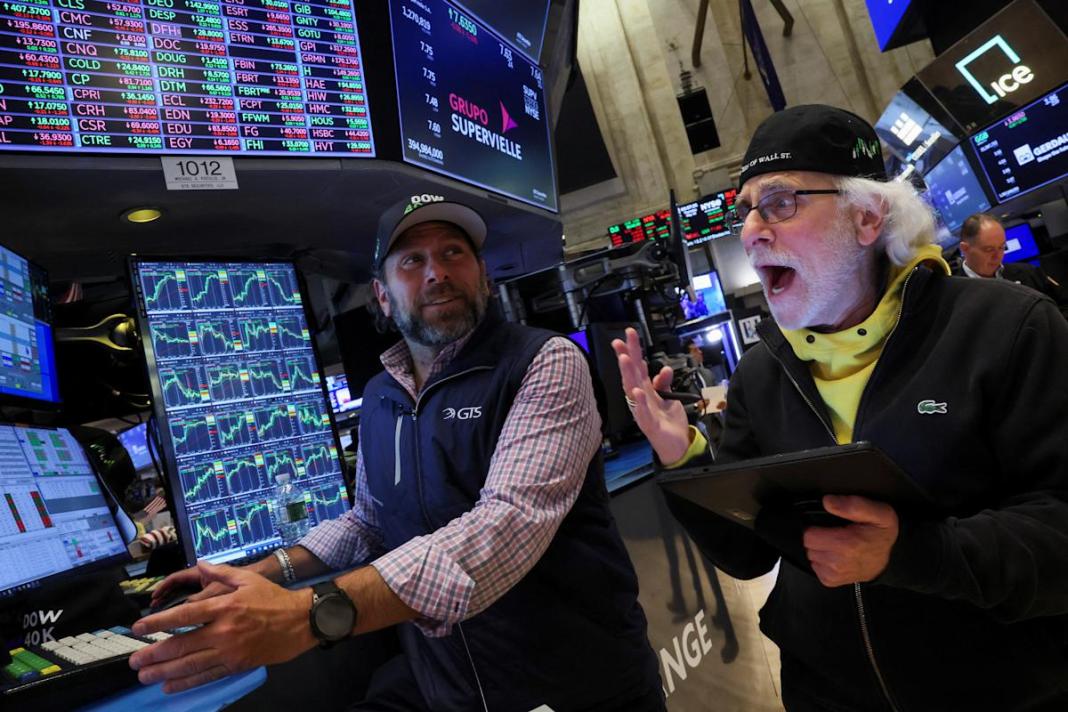Title: Wall Street Considers Move to 24-Hour Stock Market Trading
The stock market’s daily open and close may soon become a thing of the past as a new idea gains traction on Wall Street. 24X National Exchange, a trading platform backed by hedge fund founder Steve Cohen, is seeking SEC approval to operate an around-the-clock exchange. The New York Stock Exchange has also reportedly polled market participants about interest in 24-hour access.
Several executives at trading platform companies believe that the shift from a traditional six-and-a-half-hour trading day to a never-ending one is becoming more likely. Despite concerns about volatility in late-night sessions with low volume, there is growing interest in the idea.
Interactive Brokers and popular retail brokerage Robinhood have already increased their offerings to include overnight trading sessions. Robinhood has seen over $10 billion in volumes in its overnight transactions since launching its 24-hour market a year ago.
According to Robinhood’s chief brokerage officer Steve Quirk, he believes that in five years, 24-hour trading will be the norm. The new generation of investors, particularly those in their 20s, expect trading to be accessible at all hours of the day.
Demand for trading stocks outside of normal US market hours has been growing, with CME Group reporting increased interest in nontraditional US hours trading. The average daily volume of trading on E-mini Nasdaq-100 futures in nontraditional US hours in 2024 is up about 24% from 2019.
While the transition to a 24-hour market won’t happen overnight, new players like 24X are trying to enter the space. CEO and founder Dmitri Galinov believes that overseas and retail investors will drive the flow towards 24-hour trading.
Overall, the move to a 24-hour stock market trading system could change the investing landscape, providing more opportunities for buying and selling. However, it may not necessarily impact the average US investor significantly, as participation in after-hours trading remains optional.
As the industry evolves, it will be interesting to see how investors and institutions adapt to the potential shift towards a 24-hour trading cycle on Wall Street.


